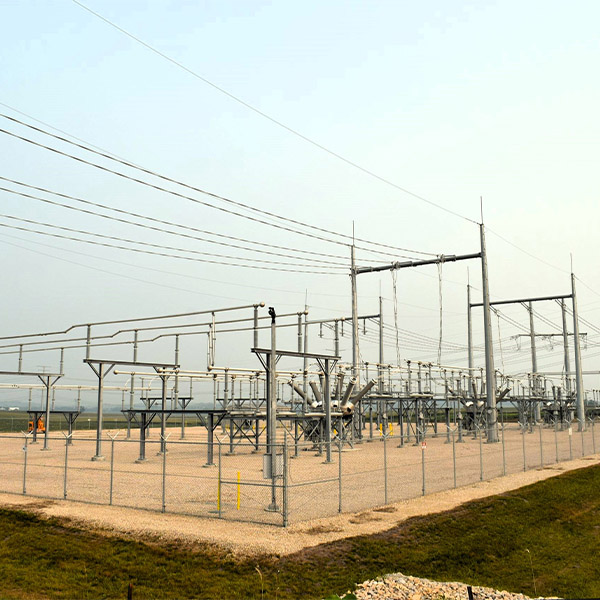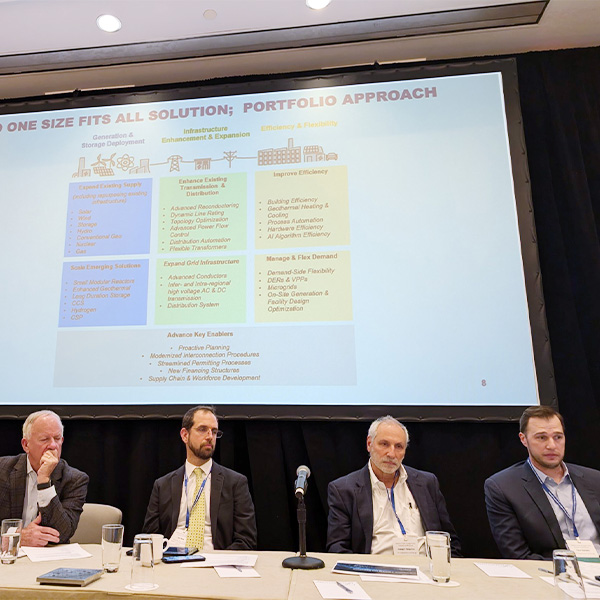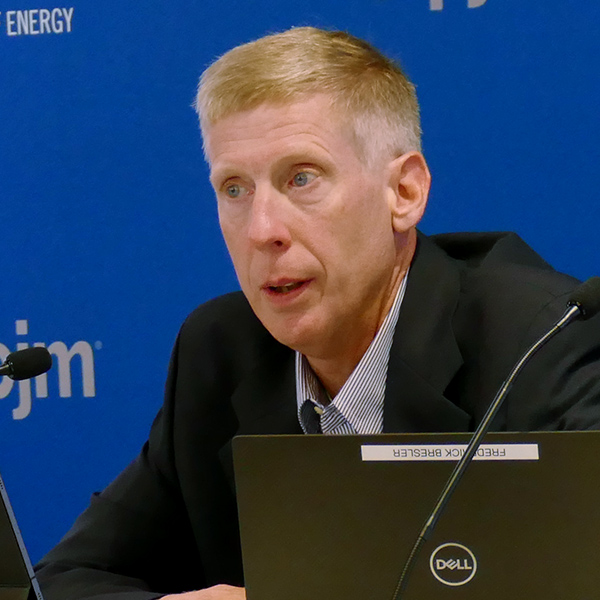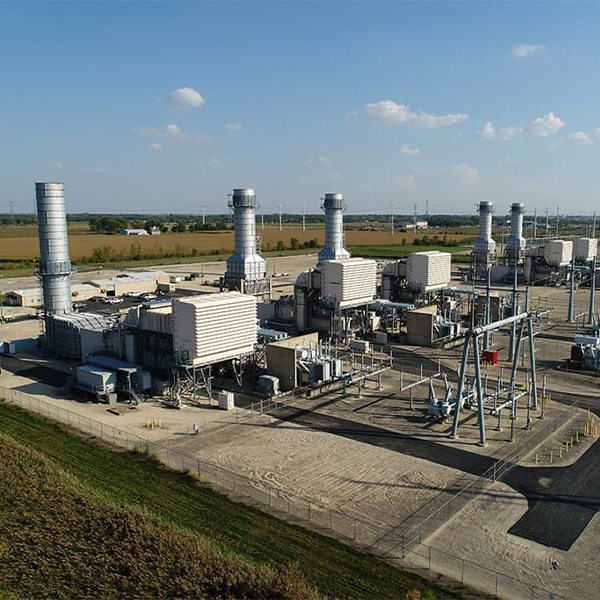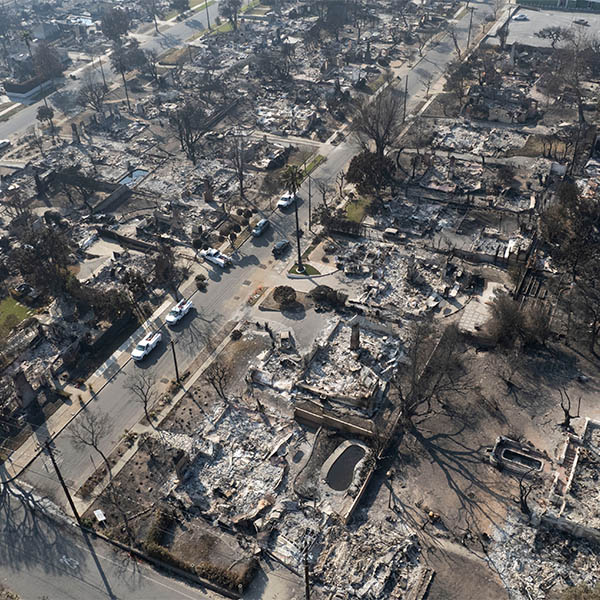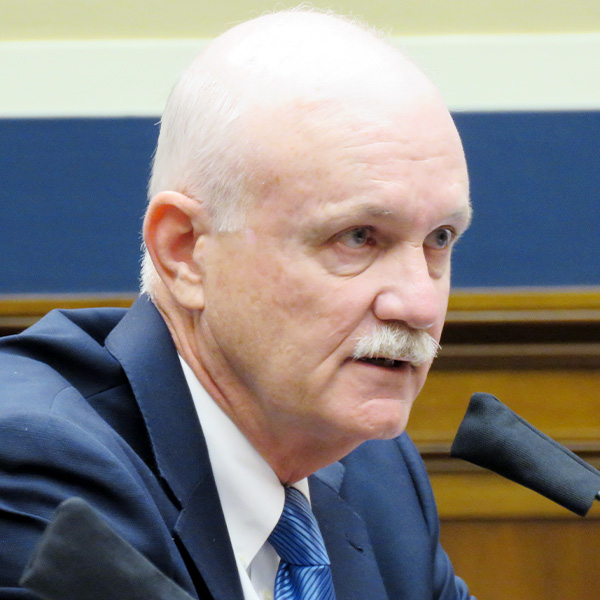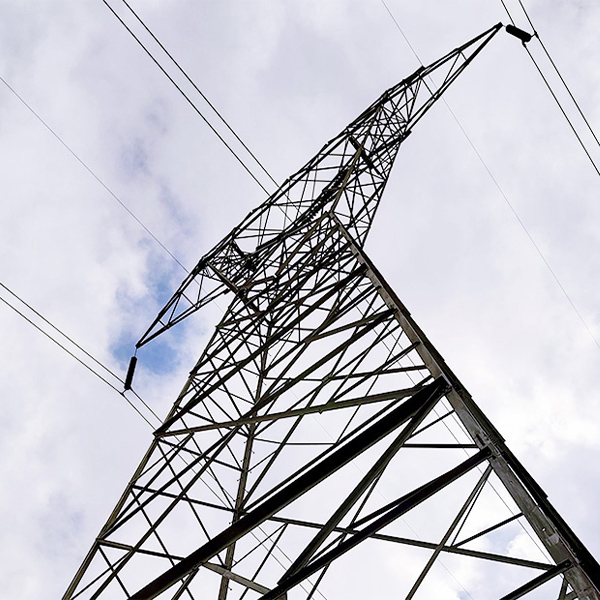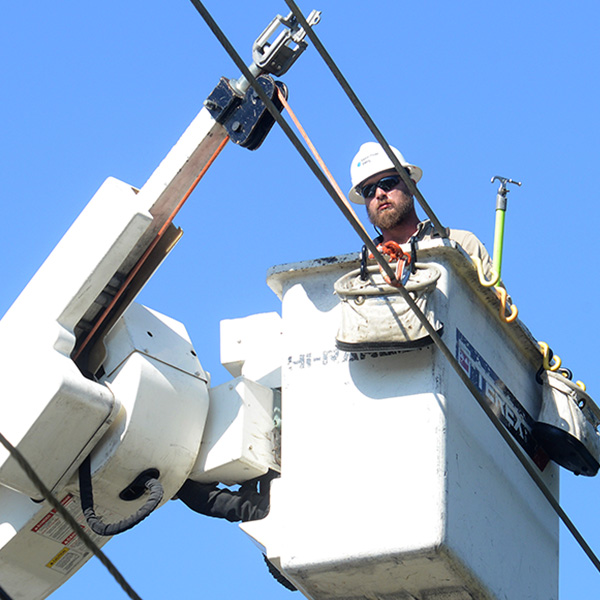Public Policy
Environmental RegulationsReliabilityState & RegionalAlabamaAlaskaArizonaArkansasCaliforniaColoradoConnecticutDelawareDistrict of ColumbiaFloridaGeorgiaHawaiiIdahoIllinoisIndianaIowaKansasKentuckyLouisianaMaineManitobaMarylandMassachusettsMichiganMinnesotaMississippiMissouriMontanaNebraskaNevadaNew HampshireNew JerseyNew MexicoNew YorkNorth CarolinaNorth DakotaOhioOklahomaOntarioOregonPennsylvaniaRhode IslandRTO-IndianaSouth CarolinaSouth DakotaTennesseeTexasUtahVermontVirginiaWashingtonWest VirginiaWisconsinWyoming
A band of incumbent utilities has collected case studies that they say demonstrate the need to instate or maintain the right of first refusal for the good of grid expansion.
NYISO still is looking for clarification on President Donald Trump’s pending 10% tariff on energy imports, Mark Seibert, manager of ISO member relations, told the Liaison Subcommittee.
The U.S. electric power industry faces unprecedented challenges from the size, pace and impacts of demand growth and should look to new approaches for possible solutions, according to speakers at NASEO’s Energy Policy Outlook Conference.
The Members Committee was sharply divided on an agreement in principle between PJM and Pennsylvania Gov. Josh Shapiro to institute a cap and floor on capacity prices for the 2026/27 Base Residual Auction and the following auction.
Republicans in Congress have introduced a bill that would let dispatchable generation needed for reliability cut the line in the interconnection queues, requiring FERC to draft rules to implement the proposal.
Increased wildfire risk in the Pacific Northwest has spurred utilities to adjust their operations to account for climate change and other contributing factors to better fight and predict fires going into 2025.
Southern California Edison told the California Public Utilities Commission it is reviewing videos suggesting a link between its equipment and the devastating Eaton Fire.
FERC Chair Mark Christie gave public remarks to NASEO's conference, laying out some of the major issues the agency will tackle under his leadership.
The New York Power Authority updated its petition to the Department of Public Service to get priority status for the transmission portion of the Clean Path project.
LS Power has lodged a complaint against MISO for treating Indiana’s right of first refusal law as if it’s in effect when it’s under a preliminary injunction.
Want more? Advanced Search
